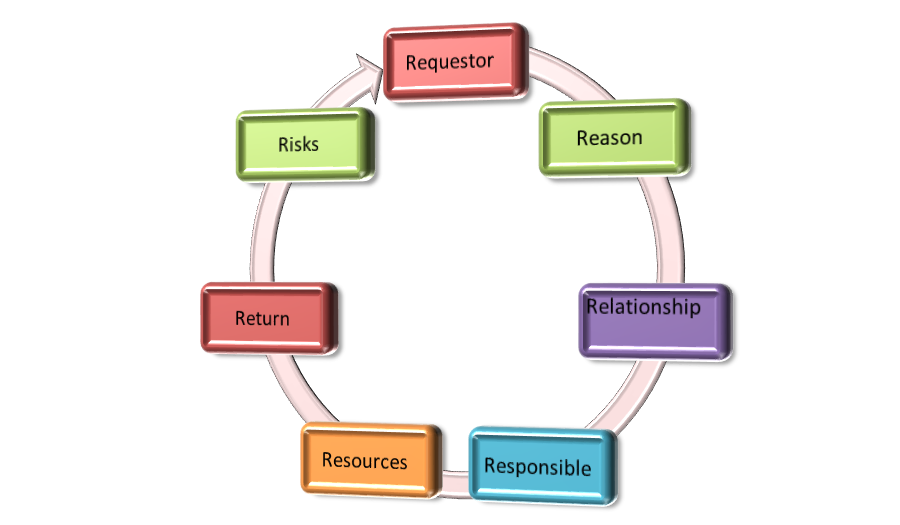Tonbridge
Tonbridge is a market town located in English county of Kent. Its traditional spelling was Tunbridge. According to 2015, the population of Tonbridge was 40,336. It is situated on River Medway that is near about 4 miles north of Royal Tunbridge Wells. Tonbridge is located 12 miles south west of Maidstone and 29 miles south-east of London. Tonbridge belongs to the central borough of Mailing and Tonbridge.
Governance
Tonbridge is the county of Kent. Lowy covered near about area of following parishes of Tonbridge, Rural Tonbridge, Hadlow, Southborough and Hildenborough. Different administration of Lowy continued until the 14th century. After it was regarded similarly as another various county. Local government reforms Tonbridge in 1894. Southborough became urban districts and remaining area became part of Tonbridge Rural District. In 1974 this town had been part of local government district of Malling and Tonbridge. Later divided into seven local government wards of Higham, Judd, Medway, Cage Green, Castle, Trench and Vauxhall. These wards have 15 of 53 seats of Malling Borough and Tonbridge council. According to November 2007, all 15 seats were held by the Conservative party. Tonbridge and Malling Borough Council handles local services like refuse collection, recreation and council housing. Kent County Council handles social services, trading standards and education in Tonbridge. Both committees are involved in road maintenance and town planning. Tonbridge is also a parliamentary constituency of Malling and Tonbridge. It is currently represented in Parliament by Thomas Tugendhat of Conservative Party.
Education
In 1553 Tonbridge School was founded by Sir Andrew Judde. It is a major independent school for boys which is located in the centre of the town. Most of the boys there are boarders and live in school’s houses that are close to the school. Various Grammar Schools was in Tonbridge including Judd School, Weald of Kent and Weald of Kent Grammar School and Tonbridge Grammar School for girls. Secondary schools of Tonbridge includes Tonbridge Grammar School for Maths and ICT, Weald of Kent Grammar School for Girls a special school for languages and Science, Judd School for Music with English and now Science with Maths and much more. Tonbridge has many primary schools that include Hilden Grange School, Long Mead Community Primary School, Slade Primary School and much more.

 ENQUIRE
ENQUIRE
 REQUEST CALLBACK
REQUEST CALLBACK
 GET A FREE QUOTE
GET A FREE QUOTE


 Introduction
Introduction Course Details
Course Details Course Content
Course Content





 London
London